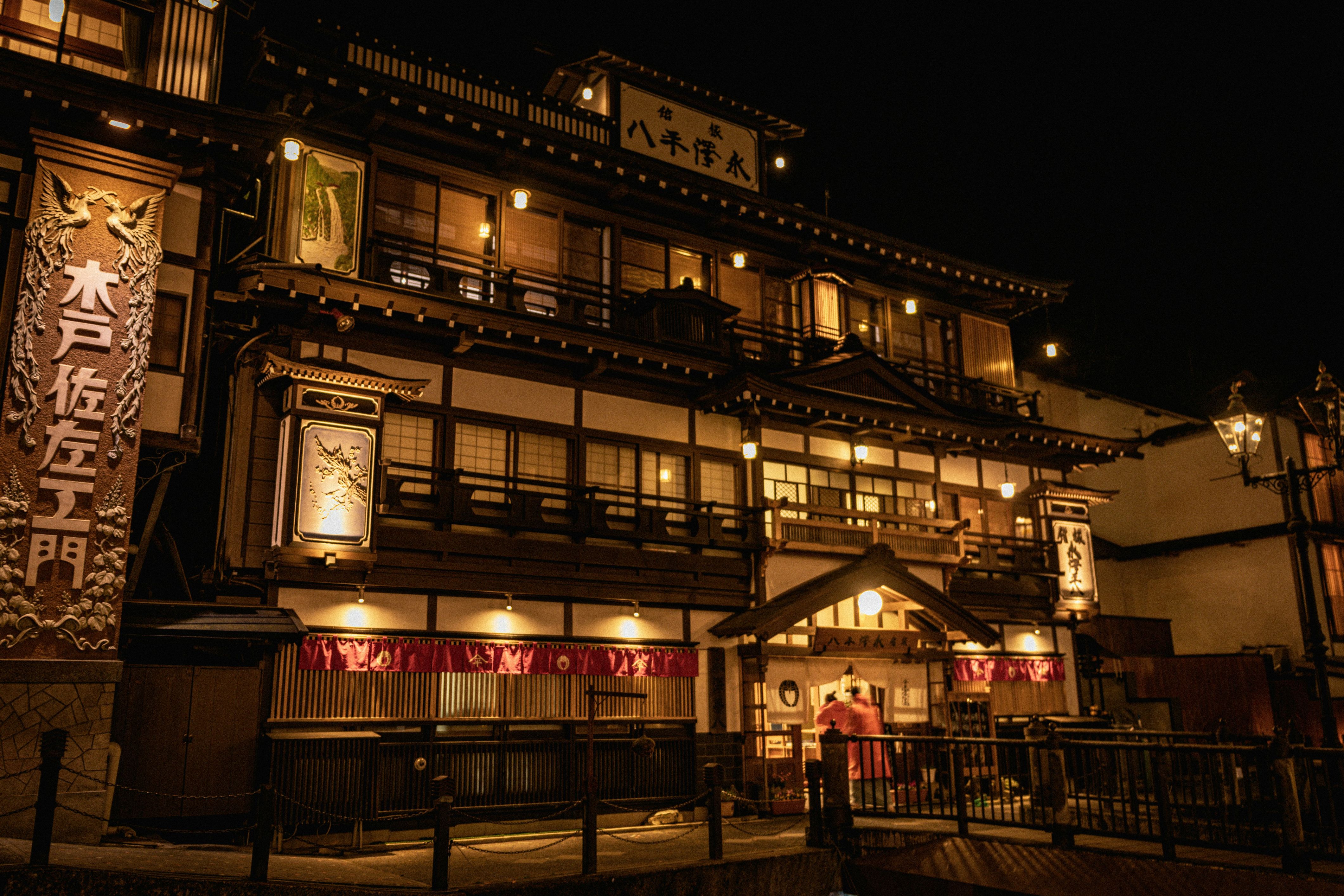5 Hidden Gems in Japan for Educators to Explore This Winter

5 Hidden Gems in Japan for Educators to Explore This Winter
Discover five hidden gems in Japan perfect for educators to explore during the winter. From serene temples to untouched natural wonders, these off-the-beaten-path destinations offer the perfect escape for learning, reflection, and adventure.
Why Winter is the Perfect Time to Explore Hidden Japan
Winter in Japan offers a quieter, more serene travel experience, with many lesser-known destinations transformed by snow-dusted landscapes and crisp mountain air. For educators, these tranquil settings provide a chance to recharge, reflect, and even draw inspiration for their teaching. Whether you’re exploring traditional villages or soaking in a remote hot spring, Japan’s hidden gems make for unforgettable winter escapes.
1. Shirakawa-go: A Timeless Mountain Village
Nestled in the Gifu Prefecture, Shirakawa-go is a UNESCO World Heritage Site known for its gassho-zukuri farmhouses. These steep-roofed homes are designed to withstand heavy snowfall, creating a picturesque winter wonderland. Visitors can tour these traditional houses, many of which are over 250 years old, and learn about rural life in Japan. The village also hosts a winter illumination event, lighting up the snowy landscape with a magical glow.
Best time to visit: January-February for the illuminations.
How to get there: Take a bus from Takayama Station (approx. 50 minutes).
Google Maps: Shirakawa-go
2. Ginzan Onsen: A Historic Hot Spring Town
Ginzan Onsen, located in Yamagata Prefecture, is a small hot spring town that feels like a step back in time. Its wooden ryokan (traditional inns) line a central stream, and the snow-covered town is especially charming in the evening when lanterns illuminate the streets. Educators can relax in the hot springs while soaking up the area’s peaceful ambiance, perfect for unwinding after a busy teaching schedule.
Best activities: Try the open-air baths or explore the nearby Shirogane Waterfall, frozen in winter.
How to get there: Take a train to Oishida Station, then a 40-minute bus to Ginzan Onsen.
Google Maps: Ginzan Onsen
3. Kanazawa: Japan’s Hidden Cultural Capital
While less crowded than Kyoto, Kanazawa boasts an equally rich cultural heritage. Winter is an ideal time to visit, as the snow-covered Kenrokuen Garden is considered one of Japan’s most beautiful landscapes. The city is also home to Nagamachi Samurai District, where you can stroll through preserved samurai houses, and Omicho Market, famous for fresh seafood like winter crab.
Highlights for educators: Explore the city’s history through the 21st Century Museum of Contemporary Art, perfect for sparking creativity.
How to get there: Take the Hokuriku Shinkansen from Tokyo (approx. 2.5 hours).
4. Tottori Sand Dunes: A Snow-Covered Desert
The Tottori Sand Dunes, located in Tottori Prefecture, are a rare natural phenomenon in Japan. While they are famous for their golden sands, winter transforms this desert landscape with a light dusting of snow, offering surreal, otherworldly views. Visitors can enjoy camel rides, sandboarding, or exploring the nearby Tottori Sand Museum, which features intricate sand sculptures.
Best time to visit: December-February for snowy landscapes.
How to get there: Take a bus from Tottori Station (approx. 20 minutes).
Google Maps: Tottori Sand Dunes
5. Ouchi-juku: A Traditional Edo-Era Post Town
Located in Fukushima Prefecture, Ouchi-juku is a beautifully preserved post town from the Edo period. Its thatched-roof buildings, covered in snow during winter, make for a stunning scene straight out of a historical drama. Educators can explore local crafts, try negisoba (buckwheat noodles eaten with a leek instead of chopsticks), and learn about the town’s history as a former stop for travelers on the Aizu-Nishi Kaido trade route.
How to get there: Take a bus from Aizu-Wakamatsu Station (approx. 1 hour).
Google Maps: Ouchi-juku
Inspiration for Educators
These destinations are more than just scenic escapes—they offer opportunities to immerse yourself in Japan’s history and culture, which can be incorporated into lessons for students. Whether you’re discussing traditional Japanese architecture or the geography of the country, exploring these hidden gems can deepen your knowledge and enhance your teaching.
With Loka’s flexible teaching platform, you can manage your lessons on the go, making it easy to explore Japan’s hidden gems without sacrificing your teaching schedule. Starting at just $6 per user, Loka offers affordability and scalability, ensuring you can balance work and travel seamlessly.
Make your winter in Japan unforgettable by exploring these lesser-known destinations while continuing to inspire your students through your unique experiences.